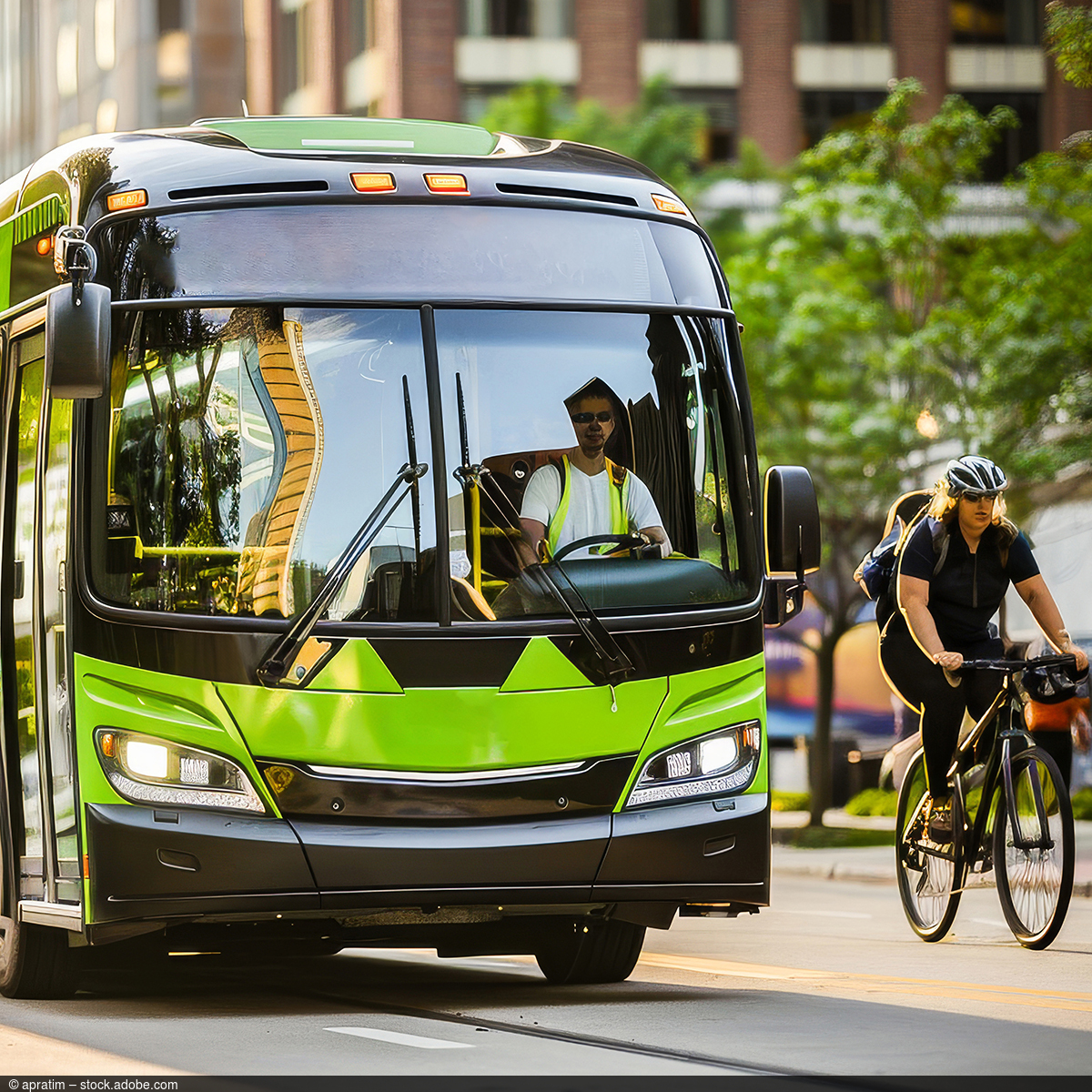In Favour of Financial Support and a Speed Limit
ResearchZEW Study on the Acceptance of Climate-Friendly Transport Policy Measures in Germany
Without the approval of the general public, it is difficult for policymakers to implement measures in the transport sector for the purpose of reducing greenhouse gas emissions. The acceptance of such projects is largely influenced by the citizens’ economic self-interests. These are the findings of a representative survey conducted by ZEW Mannheim, the University of Kassel, the Baden-Württemberg Cooperative State University (DHBW) and the University of Gothenburg. Around 700 citizens participated in the survey, answering questions about 13 transport policies. The more the respondents personally benefited from climate-friendly transport policies, e.g. through subsidies, the higher the approval level for these policies.
“Climate policy proposals in the transport sector are generally welcomed by the majority of the population. However, they tend to be primarily accepted by those citizens who stand to financially benefit from them, or at least do not suffer any disadvantages”, summarises Dr. Anna Straubinger, researcher in ZEW’s “Environmental and Climate Economics” Unit and co-author of the study. “Therefore, compensation schemes such as ‘climate money’ could assist in the implementation of unpopular policies.”
‘Yes’ to speed limits, promotion of public transport and electromobility
Andreas Ziegler, Professor of Empirical Economic Research at the University of Kassel and Research Associate at ZEW, is also a co-author of the study. He explains which proposals already enjoy support: “The most supported policies are those that contain a financial incentive, for instance lower taxes for public transport or subsidies for electric cars and buses. Additionally, more than half of the respondents support raising taxes for airline tickets, and participants who support a speed limit on the highway outnumber those who don’t. The de facto ‘combustion engine ban’ and the introduction of highway tolls, however, are less favourably received. However, it’s worth noting that less than a third of respondents strongly disapprove of the controversial ‘combustion engine ban’, meaning that it could potentially gain favour in the future with the help of better political communication or supplementary measures.”
Two types of climate policy instruments in the transport sector
Climate policy instruments can be divided into two categories. Pull measures are intended to increase demand for climate-friendly modes of transport by relieving financial burdens, for example through subsidies for public transport, electric vehicles and the expansion of charging infrastructure. Push measures, on the other hand, reduce demand for environmentally harmful modes of transport by way of bans, higher taxes or levies. Speed limits, car tolls and purchase bans are some examples of push measures.
Information campaign for the undecided
While pull measures are indeed more widely endorsed overall than push measures, 17 to 27 per cent of respondents remain undecided, depending on the instrument. This could be due to the fact that many people do not know what kind of impact certain projects will have. “Policymakers could employ information campaigns to help this undecided group to better understand and support climate policy instruments”, say Professor Wolfgang Habla from the DHBW and Kumai Kokash from the University of Kassel, also co-authors of the study.
Data basis
Between November 2021 and March 2022, a representative sample of around 700 citizens was asked about 13 climate-friendly transport policies. Other questions focused on the (personal) use of different modes of transport. Participants’ socio-economic information as well as individual attitudes towards environmental and climate issues were also collected for detailed analysis.


